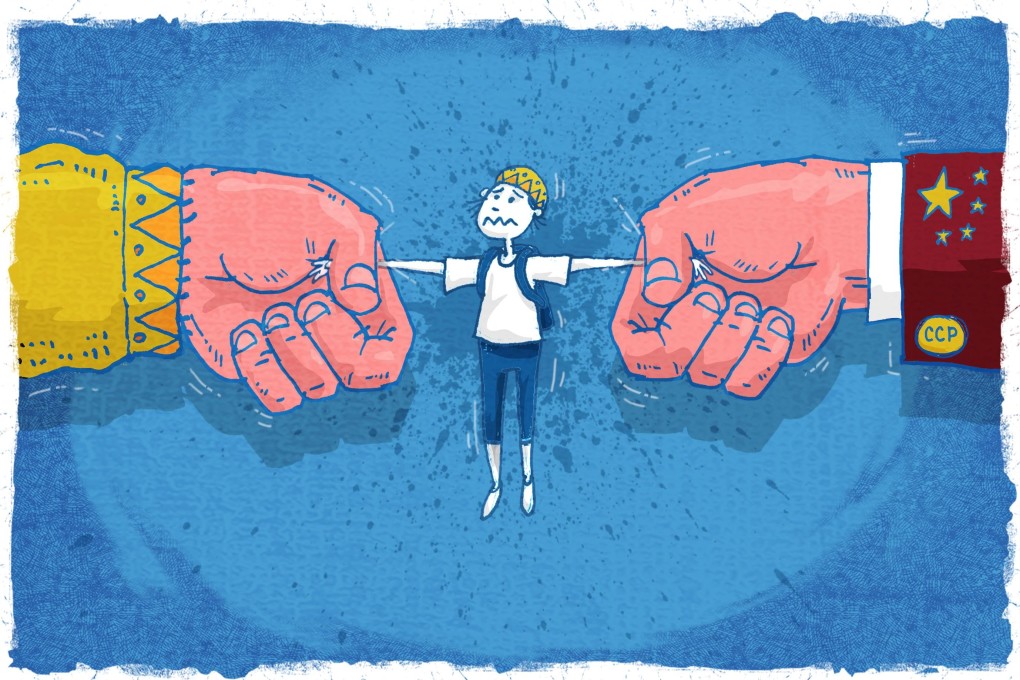Advertisement
Xinjiang’s ‘fourteenth ethnicity’ leave family language and culture for China’s opportunities
- Two men educated under the min kao han system tell of the benefits and pitfalls of being schooled in Mandarin rather than their Uygur and Kazakh languages
- Both say they are aware of systemic discrimination and re-education camps described by Beijing as anti-terrorism measures
Reading Time:8 minutes
Why you can trust SCMP
61

International pressure against China over its Xinjiang policies has gained traction in recent months, with China criticised over the treatment of Uygur Muslims in Xinjiang Uygur autonomous region. China has denied allegations of forced labour and detention. We look at the issues in this series.
When Nurzhan* was a young boy growing up in China’s far-western region of Xinjiang, he remembers heated football matches in which he and his friends would butt heads with fellow ethnic Kazakh children.
On one side were Nurzhan and his friends, the min kao han, a Chinese name for members of ethnic minorities who take schooling and exams in Mandarin. On the other side were the min kao min, or ethnic minority groups who take schooling and exams in their own native language.
Advertisement
“The min kao min are much better at Kazakh language than us,” Nurzhan said.
“When I was young, min kao han and min kao min would make fun of each other … we would call them rednecks and they would tell us that we are not respecting their culture and forgetting where we are from,” he said.
Xinjiang is the largest of China’s 31 provinces and regions, as well as one of the most ethnically diverse. The region is home to 47 ethnic minorities, 13 of which are singled out by the government for having lived there the longest.
Advertisement
Advertisement
Select Voice
Choose your listening speed
Get through articles 2x faster
1.25x
250 WPM
Slow
Average
Fast
1.25x
